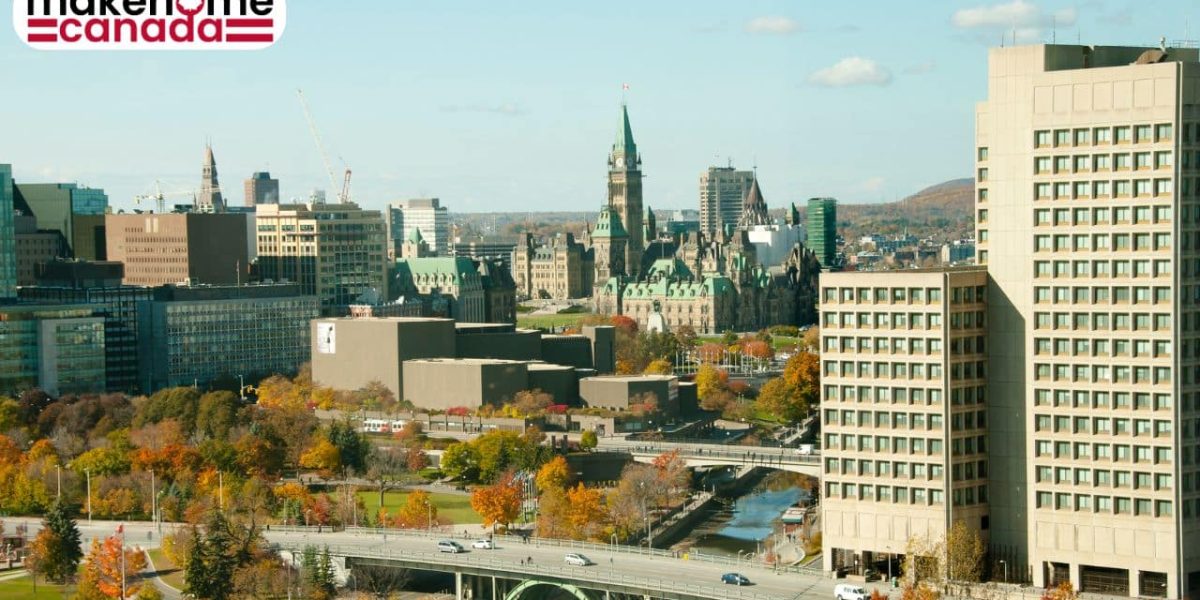Community applications are open now for two new pilot programs, including the Rural Community Immigration Pilot and the Francophone Community Immigration Program. These two pilot programs will welcome and train selection communities this October. According to IRCC’s Press Release, these programs aim to assist long-term progress and linguistic significance.
Both programs came to the forefront in March 2024 and have begun accepting applications for new immigrants this October. However, the date is not certain as of now.
The immigration department claims to process 5,500 PR applications through the two programs in 2024.
Furthermore, it will select at least 15 communities to participate in the two pilot programs. It will do so depending on the following factors:
- Their economic requirements;
- The accessibility to services and programs for new immigrants;
- The potential of their economic development firms to collaborate with IRCC.
Interested firms or organizations must apply through their communities using an IRCC questionnaire before July 2.
Community applications are open now for two new pilot programs – Exploring the Rural and Northern Immigration Pilot
Most immigration programs in Canada emerge as pilot programs. This implies that the immigration department introduces new immigration programs and examines the outcomes to determine if there is sufficient positive influence to convert the pilot program into a permanent one. This includes the Atlantic Immigration Program. Pilot programs must function for five years.
Rural and Northern Immigration Pilot will likely replace the existing Rural and Northern Immigration Pilot. This is one of the most prominent economic immigration pathways to Canadian permanent residence.
RNIP offers assistance to selected rural communities in Western Canada and Ontario to welcome and retain new immigrants who can help these communities flourish by bringing more skills to the local economy. As a response, these communities assist new immigrants to establish themselves.
Overall, there have been no details concerning eligibility requirements for communities or new immigrant applicants.
Navigating the Francophone Community Immigration Pilot
IRCC is supposed to adhere to a mandate for promoting the French language outside Quebec. This is the country’s only French-speaking province.
According to IRCC, the pilot will target a rising number of French-speaking new immigrants settling in Francophone minority communities other than Quebec. The pilot aims to enhance French-speaking newcomer integration into Francophone minority communities beyond Quebec, fostering economic growth and bolstering their demographic presence.
As part of its continual efforts to boost French language usage in Canada, IRCC has introduced a pilot program. This is alongside recent measures such as creating an Express Entry category for French-proficient newcomers. Likely to dominate 30% of this year’s category-based draws, the above initiative underscores IRCC’s commitment to prioritizing candidates with French language skills. As a result, it will mark a significant shift in immigration strategy.
According to ATIP, the immigration department observed that strong capabilities in one or both Canadian official languages are the chief indicators of success for new immigrants.
In 2023, IRCC surpassed its target of 4.4 newcomers to be Francophones, and the percentage increased to 4.7 percent. There is an existing objective ensuring 6 percent for 2024, 7 percent in 2025, and 8 percent in 2026.
If you seek information on Canadian immigration programs, you can talk to our MakeHomeCanada experts at 1-800-979-0509, or you can drop us an email at [email protected].




